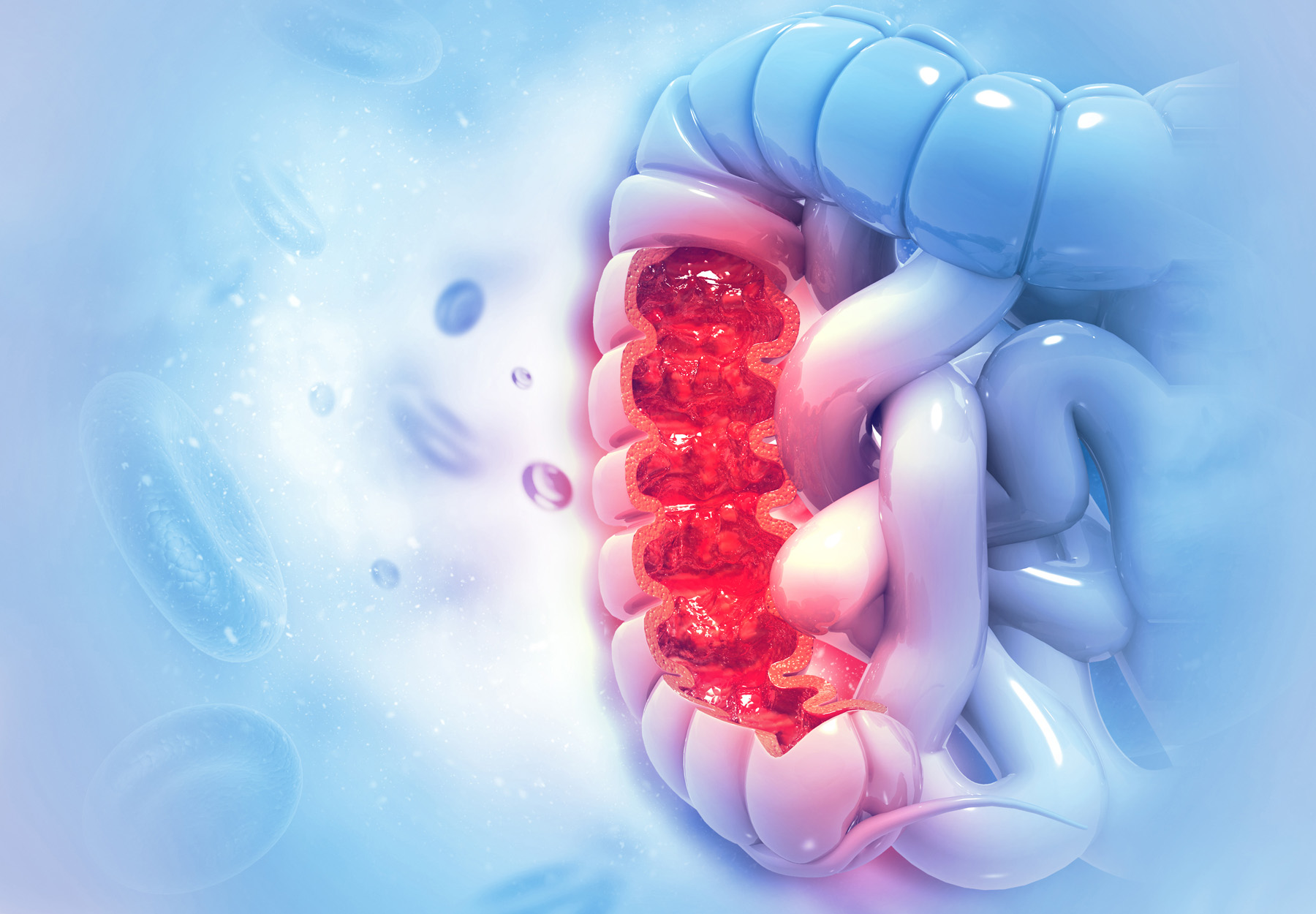Liquid Biopsy Can Rule Out Need for Chemotherapy After Stage II Colon Cancer Surgery
New study shows that ctDNA liquid biopsy testing after stage II colon cancer may determine whether chemotherapy is required.

A liquid biopsy test may enable physicians to determine whether a patient with stage II colon cancer needs chemotherapy after surgery. That is the conclusion of a new study that was presented at the recent American Society of Clinical Oncology (ASCO) annual meeting in Chicago and published in The New England Journal of Medicine on June 4.
The Diagnostic Challenge
The role of adjuvant chemotherapy in treating stage II colon cancer remains a highly controversial issue. Administration of toxic drugs via chemotherapy is an ordeal not only for a patient’s physical but financial health. And unlike stage III colon cancer for which chemotherapy is routinely recommended after primary surgery, adjuvant chemotherapy may not be necessary for some patients with stage II colon cancer. Another unresolved question is exactly what kind of chemotherapy should be used.
Current US clinical recommendations for use of adjuvant chemotherapy for stage II colon cancer are not in harmony. The National Comprehensive Cancer Network (NCCN) guidelines vary depending on the presence of high-risk features of recurrence, including poorly differentiated histology, presence of lymphovascular invasion, presence of perineural invasion, report of less than 12 lymph nodes, bowel obstruction, localized perforation, or positive margins.
According to American Society of Clinical Oncology (ASCO) guidelines, “the routine use of adjuvant chemotherapy for medically fit patients with stage II colon cancer is not recommended.” However, ASCO adds, “there are populations of patients with stage II disease that could be considered for adjuvant therapy.” Similarly, the European Society of Medical Oncology (ESMO) recommends that “adjuvant therapy should not be routinely recommended for unselected patients. In high-risk patients who present with at least one of the previously mentioned clinical high-risk features, adjuvant therapy could be considered in clinical practice.”
The one thing all guidelines agree on is the importance of discussing the risks of chemotherapy, balanced against the potential minimal improvement in overall survival. Accordingly, a laboratory test capable of determining the benefits an individual with stage II colon cancer would derive from adjuvant chemotherapy could be enormously valuable for improving survival and ruling out marginally or unnecessary chemotherapy.
The Liquid Biopsy Solution
One of the most promising possibilities is a liquid biopsy test capable of detecting circulating tumor DNA (ctDNA) that cancer cells shed into the blood, which is administered after primary surgery. Presence of ctDNA from the cancer after surgery would indicate that the patient is at higher risk of recurrence. The question would then be whether the benefits the individual patient would derive would outweigh the risks and costs of adjuvant chemotherapy.
Is a liquid biopsy detecting the presence of ctDNA capable of providing a reliable answer to that question? The doctors who performed the new study suggests it is, based on a comparison of one group of patients whose adjuvant chemotherapy decision was based on ctDNA detected by liquid biopsy and another group for which the decision was based on traditional clinical risk factors.
To do the comparison, they randomly assigned patients with stage II colon cancer a 2:1 ratio to have treatment decisions guided by either ctDNA results or standard clinicopathological features. For ctDNA-guided management, a ctDNA-positive result at four or seven weeks after surgery prompted oxaliplatin-based or fluoropyrimidine chemotherapy. Patients who were ctDNA-negative were not treated. They set two years of survival without recurrence as the primary efficacy end point, with adjuvant chemotherapy use as a key secondary end point.
The Study’s Results
Of the 455 patients who underwent randomization, the researchers assigned 302 to liquid biopsy ctDNA-guided management and 153 to standard management. The median follow-up was 37 months. Among patients tested via liquid biopsy,15 percent ended up receiving chemotherapy, versus 28 percent whose risk was determined using standard diagnostics. The kicker: Two years later, both groups had similar rates of survival without recurrence, at roughly 93 percent. Three-year recurrence-free survival was 86.4 percent among ctDNA-positive patients who received adjuvant chemotherapy and 92.5 percent among ctDNA-negative patients who did not.
Takeaway
The study furnishes important evidence suggesting that use of liquid biopsies detecting ctDNA to guide treatment after stage II colon cancer surgery can reduce the use of adjuvant chemotherapy without compromising risk of recurrence.
Very few patients with these cancers—which have grown through the colon wall but not reached the lymph nodes—will actually benefit from adjuvant chemotherapy, noted study leader Dr. Jeanne Tie of the Peter MacCallum Cancer Centre in Melbourne, Australia. And utilization of liquid biopsies may enable patients to do what they most want to do after surgery—make a confident and medically sound decision to skip chemotherapy.
Subscribe to Clinical Diagnostics Insider to view
Start a Free Trial for immediate access to this article